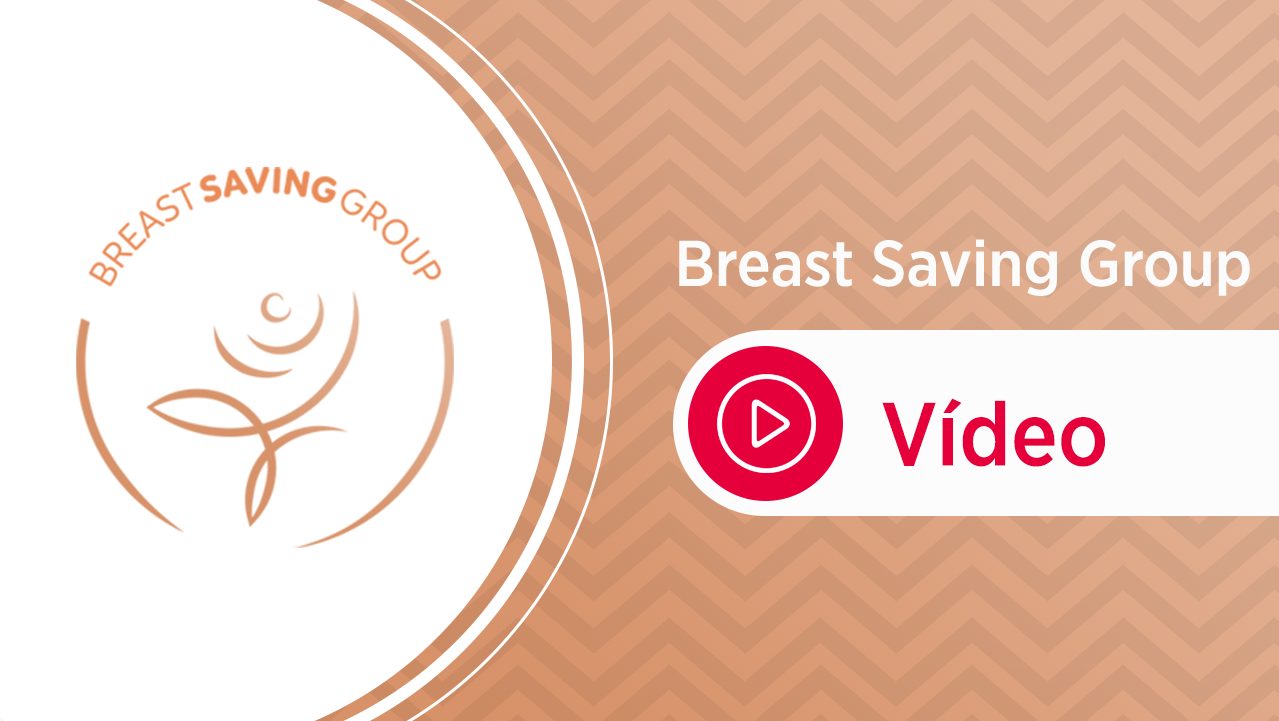Artigo
Adjuvant Dose-Dense Chemotherapy in Hormone Receptor–Positive Breast Cancer
ABSTRACT
PURPOSE In light of evolving evidence that some patients with node-positive estrogen receptor–positive (ER1) disease may receive less benefit from chemotherapy, this study reports 12-year outcomes of the C9741 trial overall, and by the sensitivity to endocrine therapy (SET2,3) test index, a biomarker measuring endocrine transcriptional activity, to identify patients most likely to benefit from dose-dense chemotherapy.
METHODS In all, 1,973 patients were randomly assigned to dose-dense versus conventional chemotherapy. Hazard ratios (HRs) for prognosis and for predictive interaction with chemotherapy schedule were estimated from Cox models of long-term disease-free survival (DFS) and overall survival (OS). SET2,3 was tested on the 682 banked RNA samples from ER1 cancers.
RESULTS Dose-dense chemotherapy improved DFS in the overall study population by 23% (HR, 0.77 [95%CI, 0.66 to 0.90]) and OS by 20%(HR, 0.80 [95%CI, 0.67 to 0.95]); the benefits of dose-dense therapy were seen for ER1 and ER-negative subsets, without significant interaction between treatment armand ER status. LowSET2,3 status was highly prognostic, but also predicted improved outcomes from dosedense chemotherapy (interaction P 5 .0998 for DFS; 0.027 for OS), independent of menopausal status. Specifically, low endocrine transcriptional activity predicted benefit from dose-dense chemotherapy, whereas tumor burden and proliferation-driven signatures for molecular subtype classification did not.
CONCLUSION At 12-year follow-up, C9741 confirmed the sustained long-term benefit of adjuvant dose-dense chemotherapy for node-positive breast cancer. SET2,3 identified patients with ER1 breast cancer who benefited from dose-dense chemotherapy, and specifically, this benefitwas predicted by lowendocrine activity in the cancer, rather than tumor burden,molecular subtype, ormenopausal status.
Compartilhar em:
Comentários
Cursos Relacionados
0
Conteúdos Relacionados
Comentários
Deixe um comentário Cancelar resposta
Você precisa fazer o login para publicar um comentário.









